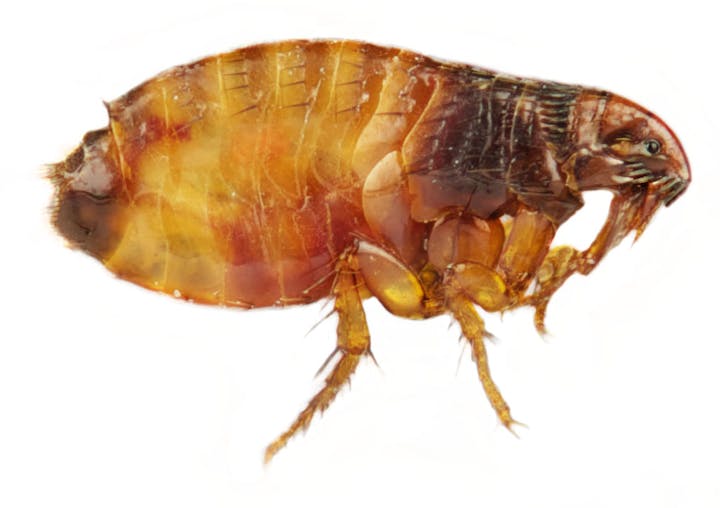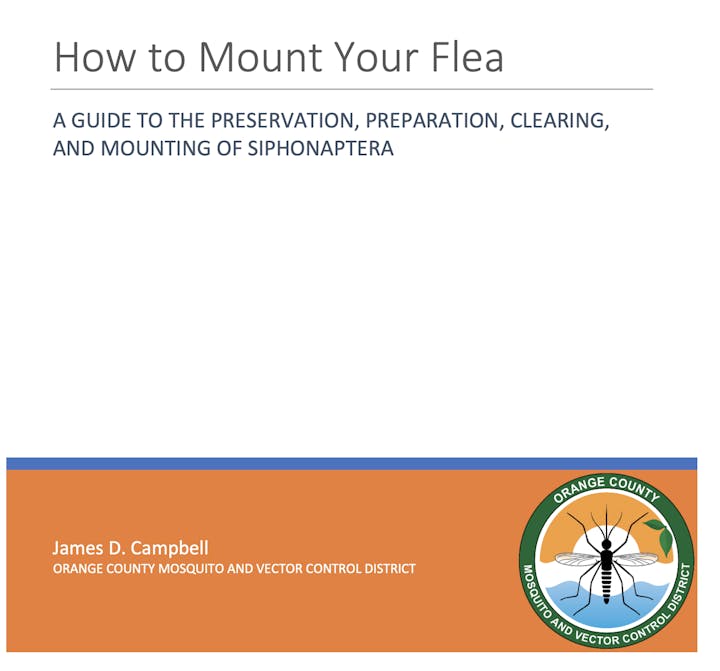What Steps Can I Take To Avoid Contracting Flea-Borne Typhus?
These simple steps can help you reduce the risk of Flea-Borne Tyhpus in your area:
- Pets, yards, and homes should be kept free of fleas. Oral and topical flea control medications can be used on pets to control and prevent flea problems. Consult your veterinarian for advice. When purchasing pesticides to treat yards and homes, use only materials which state "for flea control" on the label, and follow directions carefully.
- Eliminate places where wild animals can find shelter. Yards should be kept clear of heavy undergrowth and accumulated debris to reduce areas where animals may nest or hide. Buildings should be examined and repaired to exclude rodents, opossums, and stray or feral cats.
- Eliminate all food sources. Open trash cans, bird feeders, fallen fruit, and pet food attract rodents and other animals. Pick up all fallen fruit and do not leave pet food out at night.
- Take personal precautions. Wear protective equipment such as a particle mask or respirator, goggles, and gloves when cleaning areas that may have been infested by rodents, raccoons, skunks, opossums, or stray cats. When opossums or feral cats become pests, well-intentioned individuals will sometimes attempt to capture and relocate these animals to other areas. This practice violates California Fish and Wildlife laws and is considered inhumane. Prior to trapping opossums and stray or feral cats on your property, contact your local animal control agency or the Humane Society.

Do Not Relocate Animals! (This practice helps spread the disease.)





